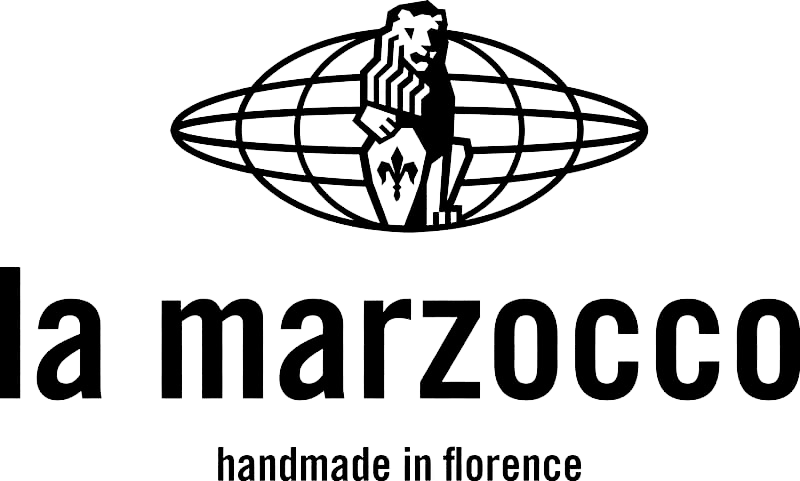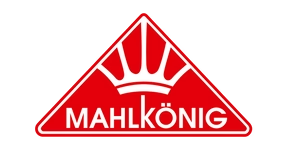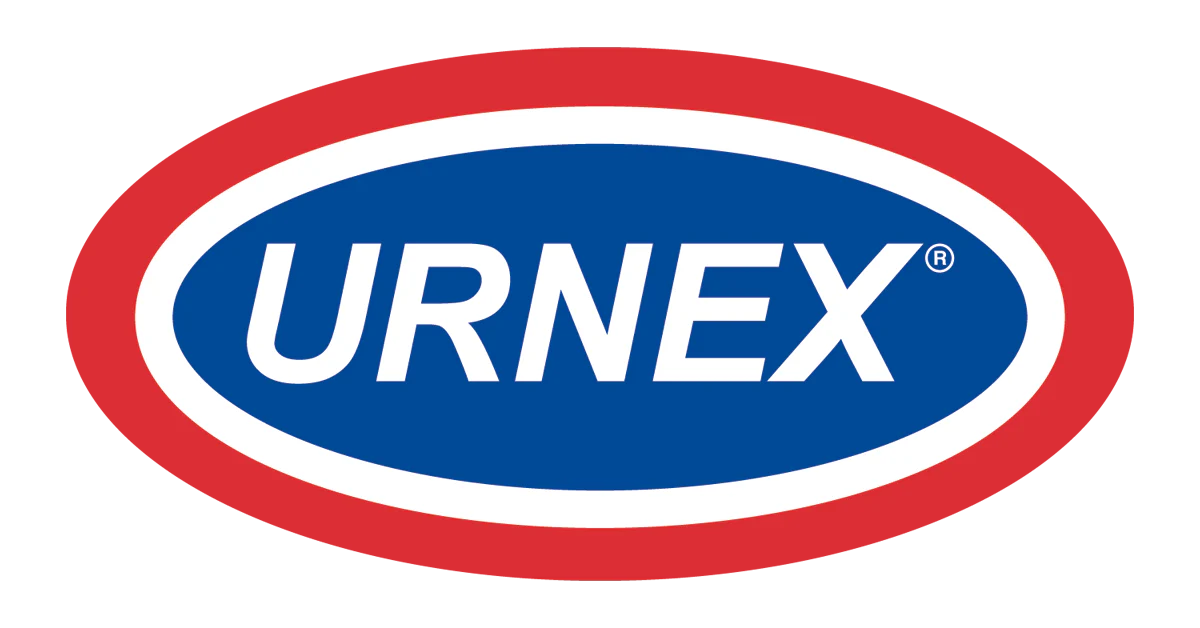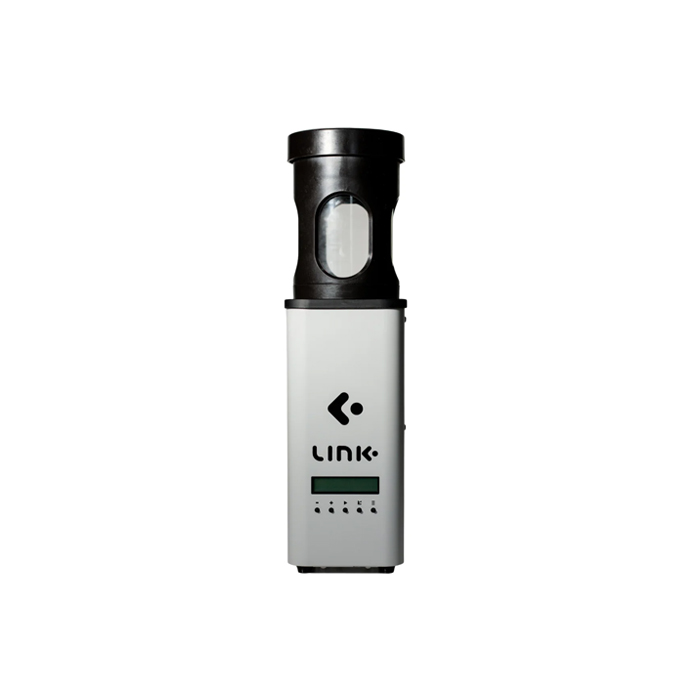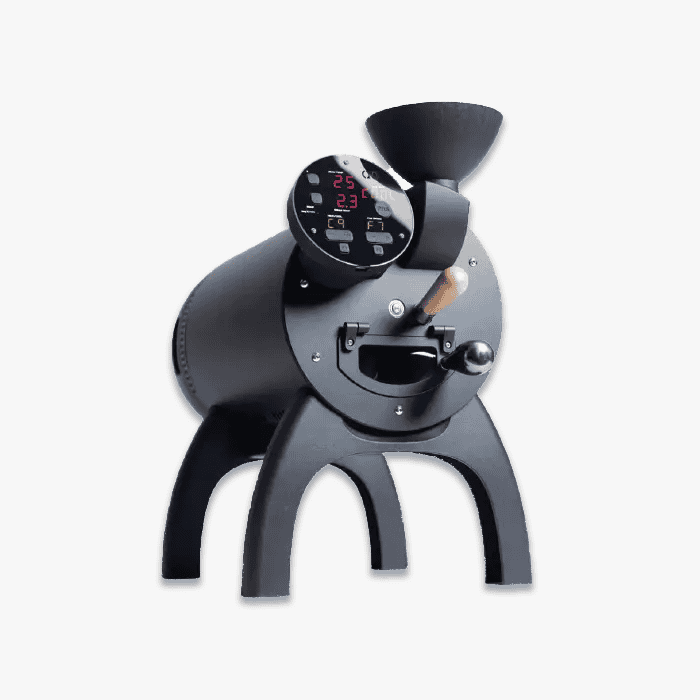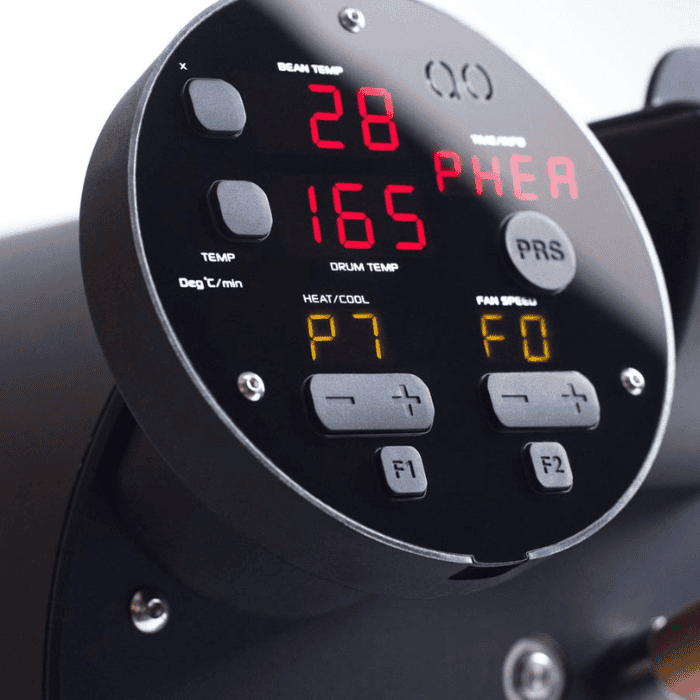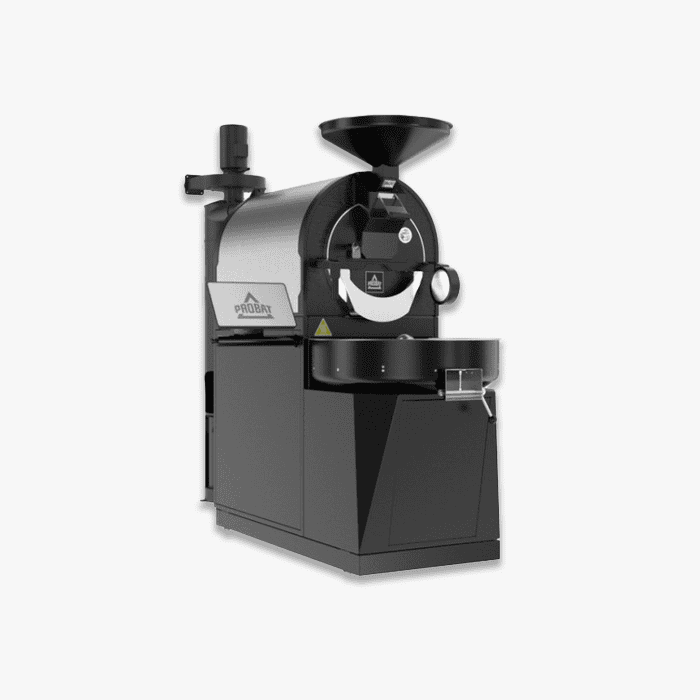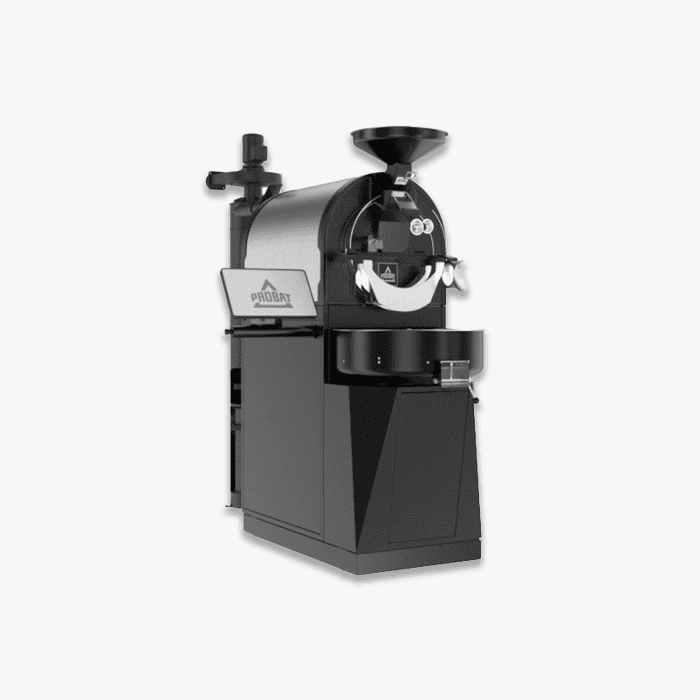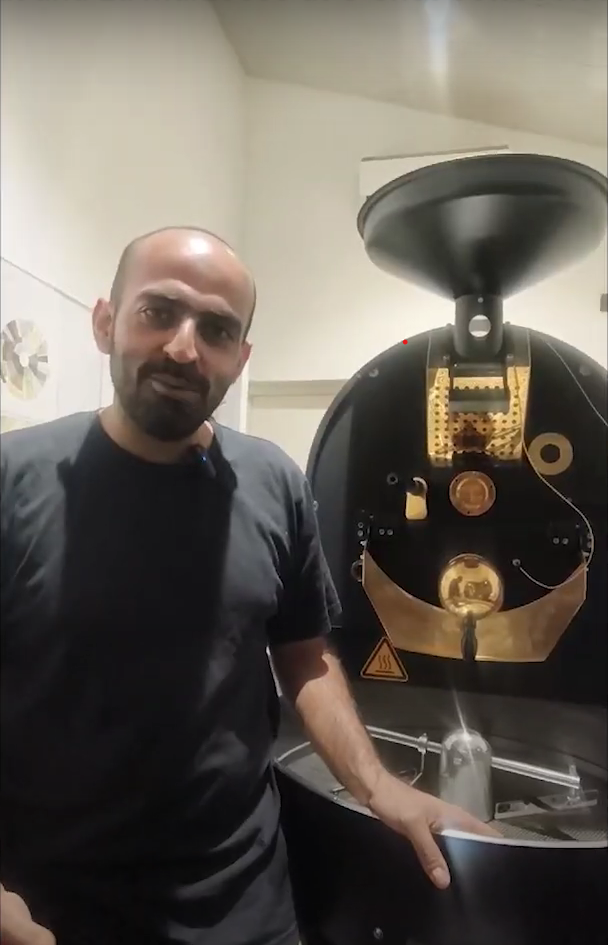Discover the Best Cafe Coffee Roasters for Your Business
If you’re a café owner looking to take your coffee offerings to the next level, investing in high-quality cafe coffee roasters is essential. Cafe coffee roasters are designed to help you craft exceptional coffee from the very start—transforming raw coffee beans into rich, aromatic brews that will keep your customers coming back for more. Whether you’re roasting small batches for a boutique café or large volumes for a bustling coffee shop, choosing the right coffee roaster or roaster for coffee beans is a critical decision for your business.
Why Choose a Cafe Coffee Roaster?
Cafe coffee roasters are essential tools for businesses that want to control the roasting process and create signature coffee blends. Unlike buying pre-roasted beans, having your own roaster for coffee allows you to experiment with different roasting profiles, control the quality, and offer fresh coffee that is roasted in-house.
- Control Over Quality: When you invest in cafe coffee roasters, you’re not just buying equipment—you’re gaining full control over the quality of your coffee. With a roaster for coffee beans, you can ensure each batch is roasted to perfection, according to your desired profile, whether light, medium, or dark.
- Customization and Innovation: A coffee roaster allows you to craft unique coffee blends, experiment with different bean varieties, and develop a roasting profile that distinguishes your café from the competition. Custom roasting can help create a signature flavor that becomes synonymous with your brand.
Freshness: There’s nothing like the freshness of freshly roasted coffee. With your own cafe coffee roasters, you can guarantee that every cup of coffee is made with the freshest beans possible, adding to your café’s appeal and enhancing the customer experience.
What to Look for in a Cafe Coffee Roaster?
When shopping for a coffee roaster or roaster for coffee beans, there are several important features to consider that will directly impact your café’s operations and the quality of your coffee:
- Roasting Capacity: The right cafe coffee roasters for your café depend on how much coffee you plan to roast. Smaller roasters are ideal for cafés with lower volume, while larger roasters for coffee beans are better for high-volume coffee shops.
- Control Over Roasting Process: The best coffee roaster will give you precise control over temperature, time, and airflow. These settings directly influence the flavor and consistency of each roast. A roaster for coffee with programmable features allows you to recreate specific profiles easily.
- Ease of Use and Maintenance: Cafe coffee roasters should be user-friendly, even for those new to roasting. Machines that are easy to clean, maintain, and operate will save you time and money, and allow you to focus on perfecting your coffee.
- Durability: Investing in a durable coffee roaster is key for ensuring your machine can withstand the wear and tear of daily use. Choose roasters for coffee beans made of high-quality materials such as stainless steel for long-lasting performance.
- Size and Space: Consider the available space in your café before purchasing a cafe coffee roaster. Some roasters for coffee are compact and fit in smaller spaces, while others may require a dedicated roasting room.
How Cafe Coffee Roasters Can Improve Your Café’s Offerings
Investing in cafe coffee roasters brings several benefits to your business:
- Brand Identity: Roasting your own coffee allows you to develop a unique coffee profile that becomes synonymous with your café’s identity. Your coffee roaster will help differentiate your brand by offering exclusive blends that customers can only find at your café.
- Cost Efficiency: By roasting your own coffee beans, you can reduce costs in the long term. Roaster for coffee beans helps you eliminate the middleman and avoid purchasing pre-roasted coffee, which is often more expensive. You can also control the amount of coffee roasted, reducing waste and excess inventory.
- Customer Satisfaction: Offering freshly roasted coffee that is roasted in-house with cafe coffee roasters enhances the customer experience. Customers will appreciate knowing that the coffee they’re drinking is roasted fresh, which can improve customer loyalty.
- Adaptability: With your own coffee roaster, you can easily adapt to market trends. You can experiment with different roasting styles, introduce seasonal blends, and even cater to specific customer preferences, all of which help keep your café’s offerings fresh and exciting.
Troubleshooting Common Issues with Your Cafe Coffee Roaster
While cafe coffee roasters are designed to provide excellent roasting performance, occasional issues may arise. Here are some common problems with roasters for coffee beans and how to troubleshoot them:
- Uneven Roasting: If the roast isn’t even, check that your coffee roaster is calibrated correctly and that the beans are evenly distributed inside the drum. Also, ensure that the airflow is consistent throughout the process.
- Burnt Coffee: If your coffee tastes burnt, the temperature may be set too high. Adjust the temperature settings on your roaster for coffee to avoid over-roasting and produce a more balanced flavor.
- Slow Roasting Time: If roasting is taking longer than expected, inspect the heating element and airflow system of your coffee roaster. Clean any build-up and ensure that the machine is functioning at optimal efficiency.
- Machine Overheating: Overheating can occur if the machine isn’t cleaned regularly or the airflow is obstructed. Ensure that your roaster for coffee beans has proper ventilation and clean the machine thoroughly after every use.
How Cafe Coffee Roasters Help Create Signature Coffee Blends
One of the key advantages of owning cafe coffee roasters is the ability to create unique, signature coffee blends that define your café’s identity. Unlike purchasing pre-roasted beans, using your own coffee roaster or roaster for coffee beans gives you full control over the flavor profile and characteristics of the coffee you serve.
Experimenting with Different Beans:
With cafe coffee roasters, you can experiment with different coffee beans from various regions, each with its own distinct flavor profile. By blending beans from different regions or varieties, you can craft one-of-a-kind coffee blends that cannot be found anywhere else.
- Roasting Profiles: Every coffee roaster allows you to adjust the roasting profile. Whether you prefer a light, medium, or dark roast, you can experiment with different roasting times and temperatures to create a blend that suits your desired flavor profile.
- Creating Unique Blends: Once you’ve chosen the beans you want to blend, you can experiment with different ratios of beans from various regions. Whether it’s combining beans with fruity notes from Ethiopia with nutty undertones from Colombia, roasters for coffee allow you to mix and match flavors to craft a blend that’s truly unique to your café.
- Consistent Quality: When you control the roasting process with your cafe coffee roasters, you can ensure that your signature blends are roasted consistently every time, maintaining the same flavor profile and aroma for each batch.
How to Choose the Best Cafe Coffee Roaster for Your Business
Choosing the right cafe coffee roasters is crucial for the success of your coffee business. The machine you invest in must align with your café’s size, volume, and specialty coffee needs. Here’s a guide on how to select the best roaster for coffee or roaster for coffee beans for your business:
- Consider Your Café’s Size and Volume:
The first step in selecting the right coffee roaster is to assess how much coffee your business needs to roast. A small café might not require a large roaster for coffee beans, but if you operate a bustling coffee shop or roastery, you’ll need a machine with higher capacity. Choose a cafe coffee roaster that can meet your current and future demands without causing bottlenecks during busy hours. - Small-Scale Roasters: For cafes that serve a limited number of customers daily, smaller roasters for coffee may be more cost-effective. These machines are compact and offer enough capacity for small-batch roasting.
- High-Volume Roasters: For larger operations, you will need a cafe coffee roaster that can handle high volumes of coffee beans. Machines with larger drums or multi-batch capabilities will allow you to produce enough coffee to keep up with demand.
- Evaluate Roasting Profiles and Control:
When selecting cafe coffee roasters, it’s important to choose one that gives you control over the roasting process. Look for roasters for coffee beans that offer adjustable settings for temperature, time, and airflow. This flexibility allows you to experiment with different roast profiles, from light roasts to dark roasts, ensuring your coffee aligns with your café’s brand identity. - Ease of Use and Maintenance:
A coffee roaster should be easy to operate and maintain. Look for cafe coffee roasters with simple controls, intuitive interfaces, and automatic cleaning functions. Regular maintenance is essential to prolong the lifespan of your roaster, so choose a machine that is easy to clean and service. - Space Considerations:
Your roaster for coffee should fit comfortably within your café’s kitchen or roasting area. Ensure the cafe coffee roaster you select doesn’t overwhelm the available space and allows your staff to operate it comfortably.
The Science Behind Roasting Coffee: How Cafe Coffee Roasters Control Flavor
Roasting is both an art and a science. With the right cafe coffee roasters, you can manipulate the roasting process to create distinctive flavors, aromas, and textures that define your coffee. Understanding the science behind coffee roasting will help you get the most out of your roaster for coffee and ensure that you produce high-quality coffee every time.
Key Chemical Processes in Coffee Roasting:
- Maillard Reaction: This chemical reaction occurs between amino acids and sugars during roasting, contributing to the development of flavor and color. The Maillard reaction helps form the rich, complex flavors that make coffee so unique. Cafe coffee roasters that offer precise control over temperature ensure that this process happens at the right time and temperature, producing the desired flavor.
- Caramelization: As the coffee beans roast, sugars inside the beans begin to caramelize, enhancing the sweetness of the coffee. Proper temperature control in your coffee roaster ensures this process happens evenly, contributing to the smooth, sweet notes of your coffee.
- Evaporation of Water: During roasting, the coffee beans lose moisture. The rate at which this happens affects the final taste. Roasters for coffee beans with adjustable airflow allow you to control the speed of evaporation, ensuring the coffee doesn’t roast too quickly or unevenly.
- Acidity and Body Development: The longer you roast the coffee, the more the beans develop body and lose acidity. Cafe coffee roasters with precise time controls help you roast your coffee to the perfect level, whether you prefer a light, acidic roast or a fuller-bodied dark roast.
Common Problems with Cafe Coffee Roasters and How to Fix Them
While cafe coffee roasters are essential for creating quality coffee, they can sometimes run into issues. Here’s a guide to troubleshooting common problems with roasters for coffee beans and how to address them:
- Uneven Roasting:
- Problem: Uneven roasting can result from uneven heat distribution or insufficient airflow.
- Solution: Regularly clean the drum and ensure the beans are properly distributed within the coffee roaster. Check the machine’s airflow settings and adjust them for even heat distribution.
- Slow Brewing:
- Problem: Slow roasting can occur if the temperature is too low or the machine is clogged.
- Solution: Check the temperature settings and ensure that the roaster for coffee beans is operating at the recommended temperature. Clean the machine regularly to avoid blockages that can slow down the roasting process.
- Overheating:
- Problem: Overheating can cause the beans to roast too quickly, resulting in burnt or bitter coffee.
- Solution: Make sure the cooling system is functioning properly and that you’re not overloading the cafe coffee roasters. Adjust the temperature to ensure a more gradual roasting process.
- Poor Flavor Consistency:
- Problem: If your coffee flavor is inconsistent, the roasting process may be flawed.
- Solution: Calibrate your coffee roaster to ensure consistent temperature and airflow. Regularly test different roast profiles and adjust parameters to maintain consistent quality.
- Machine Malfunctions:
- Problem: Mechanical issues like faulty motors, damaged heating elements, or malfunctioning control panels.
- Solution: Perform regular inspections and service your cafe coffee roasters as needed. Keep an eye on any signs of wear and tear, and replace parts before they cause significant issues.
Cafe Coffee Roasters : Conclusion
At Kaapi Machines, we understand how crucial cafe coffee roasters are for your business. As a trusted partner to over 15+ global brands, we offer a variety of coffee roasters and roasters for coffee beans to meet the specific needs of your café or coffee shop. Our machines help you maintain consistency, elevate the quality of your coffee, and enhance your customer experience. Explore our collection of high-quality roasting machines today and take your coffee business to the next level!














